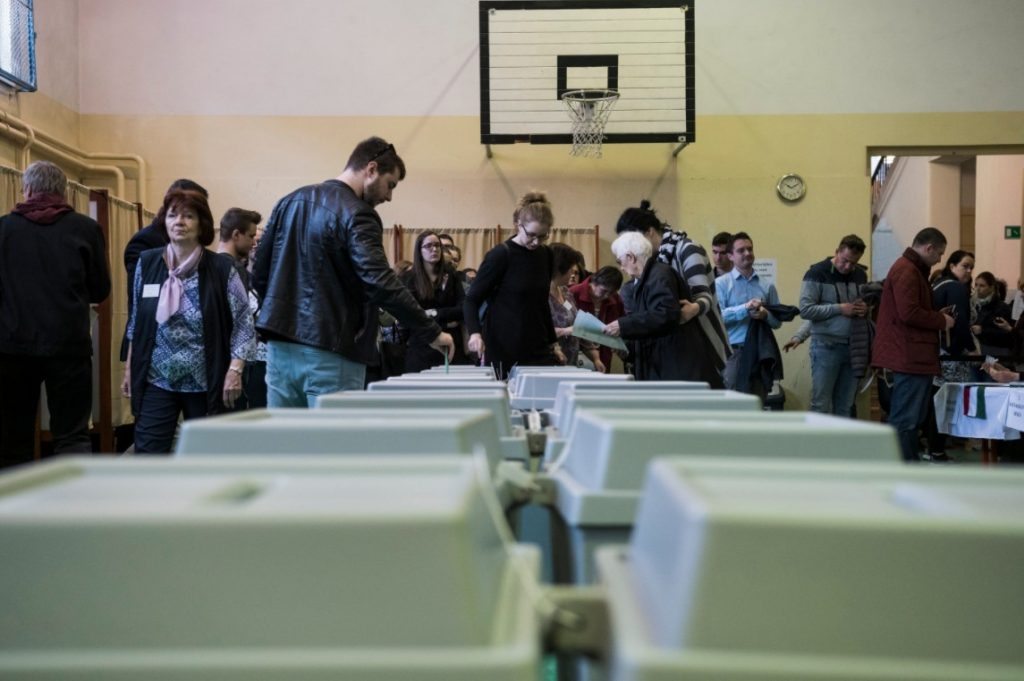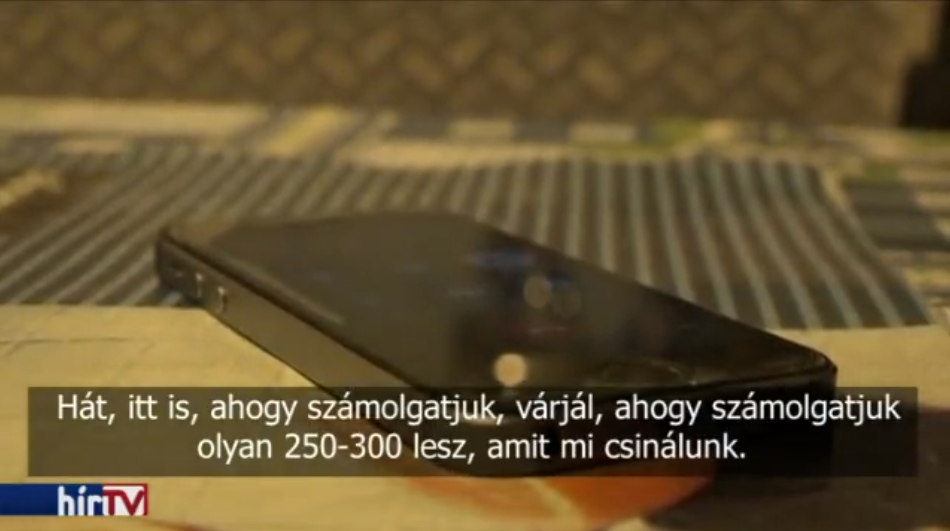The Central European Magazine talked to the founders of the Belgium-based NGO Unhack Democracy. Zsófia Banuta and Garvan Walshe spoke about their report on anomalies surrounding the 2018 parliamentary elections in Hungary, how to improve the voting procedure and why to employ younger polling personnel.
Host: Zoltán Kész
Safeguarding the democratic process”. The opening statement on the website of the organization, a mixture of positive and negative feelings, explains it all. Positive, due to the willingness of activism. Negative, due to the implied threat to democracy.
The birth of Unhack Democracy dates back to 2018. The moment of the foundation does not come as a surprise. The NGO was founded right after the April parliamentary elections in Hungary, a vote with several irregularities and anomalies.
Goals
The organization’s goals reveal how democracy could be fixed in countries with democratic deficits and achieve a more perfect system in democratic states. Beside creating an optimal electoral infrastructure, voters need to understand the system they are part of. Well-trained party activists should be able to inform voters about the mechanics of the elections.

Photo credit: Márton Mónus, MTI
“We want to empower people to take active part in the democratic process, which is the foundation of democracy,” Ms Banuta says. “We want to make sure that every vote is counted equally and that the votes reflect the voter’s choice”, Mr Walshe added.
Unhack Democracy’s opening research, published in May 2019, didn’t attract major attention, although the findings of it were striking. After studying the publicly available data on the Hungarian National Election Office’s website, the NGO identified a series of “suspicious patterns” in those precincts where no opposition election officials were present.
Hungarian anomalies
One of such patterns was the unusual amount of ticket splitting, a phenomenon when voters split their votes between the government and the opposition on the party list and the individual candidate vote. “There was twice as much ticket splitting in areas where no opposition party delegate was overseeing the count”, Ms Banuta explained.
Phantom voters represent another issue. “People were casting their ballots in places where they had never been seen before,” she added.
Certain voting register entries didn’t correspond to actual people. This type of anomaly hit mostly border constituencies and even might be related to the underperformance of the Jobbik party in those areas. The 2018 reports of Hír TV about voters being bused from Ukraine to Hungary, and given ID cards allowing them to vote in Hungary, are pointing in the same direction.

Another finding of the report highlights the necessity of well-trained and independent ballot counters. The average age of ballot counters was 65 years at the 2018 elections with many of them unaware of their rights and obligations. Therefore, Unhack Democracy advocates for younger and better trained polling personnel. With over 10,000 polling stations across the country more than 22,000 ballot counters are required. “We should make ballot counting great again.”
The research included 170 testimonies across the country and targeted precincts with other type of anomalies like high void rate and missing of extra ballots. The report concluded that without fraud, Viktor Orbán most likely would not have obtained another two-thirds majority.
Despite the revelations, there was clearly a lack of attention by the media. Ms Banuta sees psychological aspects in the background for it: “There was certain fear from the press. They did not want to go into details of possible election fraud uncovered by a new organization.”
Outlook for 2022 elections
The race is getting tighter. In the past decade, Viktor Orbán could achieve two-thirds majorities due to the fragmented opposition. However, the 2019 local elections, when opposition politicians triumphed in several large cities, could mean hope for the united opposition.
“Hungarians are tired of polarization, anger in domestic politics, politization of public administration and an increasingly cronyist and corrupt political environment,” Mr Walshe said.

A major question remains whether the opposition can convince the people that they are a credible alternative. A „now it’s time for a change” moment is approaching. “If the opposition can present a competent, unifying message, they have a very good chance in 2022,” he argued.
Despite all odds, Fidesz should not be underestimated. There might be irregularities, that could even mean the difference between Fidesz keeping hold of government or getting ousted from power.
Mobilization could play another factor. Hardcore government supporters are highly motivated and much more likely to vote than supporters of other parties. The prime minister is keeping his base mobilized and making sure they have an enemy to be mobilized against.
Independently from the outcome of the elections, it is of utmost importance that the verdict of Hungarians is registered properly at the polls and that it isn’t allowed to be distorted by manipulation of the vote. “What we want to see is an accurate reflection of public opinion.”
Cover photo credit: RTL Klub/Házon Kívül

Garvan Walshe is an Irish political strategist. He was previously National and International Security Policy Adviser for the UK Conservative party and strategist for the Conservative’s Remain campaign. He runs TRD Policy and writes regularly for CNN, Foreign Policy and the Conservativehome.
Photo credit: Garvan Walshe

Zsófia Banuta is a socially conscious entrepreneur, who started her career as an international news producer, covering business and economy stories across Europe with a focus on the new EU countries. She is an activist in the UK and Hungary.
Photo credit: Linkedin



